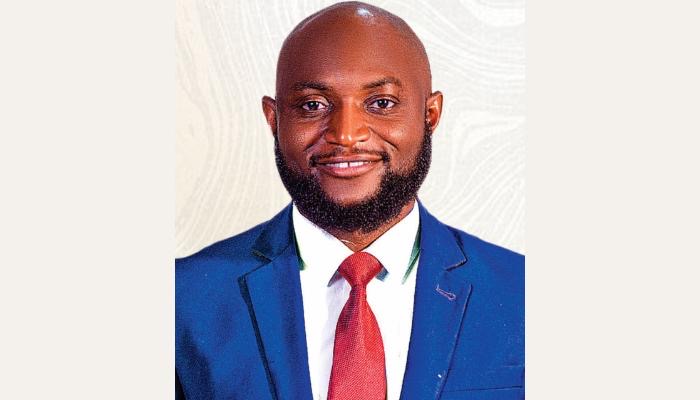Africa’s real estate market is entering a defining stage. The continent’s urban population is projected to double by 2050, with more than 1.2 billion people expected to live in cities, according to UN-Habitat. This growth presents a major opportunity for housing and infrastructure development. However, many global investors still view the African property market as high-risk.
The issue, experts say, is not a lack of opportunity but a lack of trust and transparency. These gaps continue to shape how capital flows into the continent’s real estate sector. The recent edition of the Africa Real Estate and Business Insights (AREBI) webinar, held under the EASYNEC Global Impact platform, focused on this issue under the theme “De-Risking Real Estate Investment in Africa: Policy, Trust and Transparency.”
The session featured A.S. Yunusa, Convener of the AREBI Series and Managing Director of McDream Concepts Ltd (Nigeria), and Kevin Sanya, a real estate and urban development expert from Kenya. Both speakers examined how policy alignment and transparent systems could reduce perceived risks and attract more investors to Africa’s property markets.
A.S. Yunusa said that the risk often seen by foreign investors is due more to a lack of understanding than to an absence of opportunity. He pointed out that Africa’s housing deficit, growing population, and expanding cities make it one of the most promising investment frontiers.
He urged African governments to institutionalise housing policies beyond political cycles to ensure continuity and investor confidence. Yunusa also called for the professionalisation of developer practices and ethics, explaining that integrity in the sector is essential for building investor trust.
He highlighted the need to digitalise land administration, property titles, and building approvals to make processes transparent and efficient. “If we fix trust, money will flow. If we fix transparency, partnerships will multiply,” he said.
Kevin Sanya supported this view, noting that Africa needs to strengthen data transparency and reliability. He cited Rwanda as an example of consistent policy and effective governance. According to Sanya, the absence of reliable data and ownership clarity keeps investors cautious.
He explained that building institutional, community, and financial trust would help reduce perceived risks. “If you keep information to yourself, you are hurting the market,” he said, encouraging open data sharing across the sector.
he EASYNEC Global Impact initiative aims to build dialogue and partnerships that encourage policy coherence and sustainable investment. Through the AREBI platform, it brings together policymakers, investors, and developers to discuss practical solutions.
The session concluded with a shared view: Africa’s problem is not opportunity but weak trust systems. By improving governance, institutionalising policy, and promoting transparency, the continent can unlock more investment and create a stable real estate future.

